Table of Contents
- What are plant sterols?
- The role of plant sterols in lowering cholesterol
- Top food sources of plant sterols
- Supplements with plant sterols
- Plant sterols and their effectiveness
- How to incorporate plant sterols into your diet
- Lifestyle changes for managing high cholesterol
What are plant sterols?
Plant sterols, also known as phytosterols, are naturally occurring compounds found in plants. They have a similar structure to cholesterol and can interfere with its absorption in the digestive system.
The role of plant sterols in lowering cholesterol
Plant sterols work by blocking the absorption of dietary cholesterol in the intestines. By doing so, they help reduce LDL (bad) cholesterol levels in the bloodstream, promoting heart health.
Cholesterol is a waxy substance found in our bodies, and while it is necessary for some bodily functions, high levels of cholesterol can lead to serious health issues, particularly heart diseases. Plant sterols, also known as phytosterols, are natural compounds found in plants that have been shown to help lower cholesterol levels.
Plant sterols work by reducing the absorption of dietary cholesterol in the intestines. They have a similar structure to cholesterol, which allows them to compete for absorption in the gut. This means that when plant sterols are consumed, they can block the absorption of cholesterol, leading to a decrease in overall cholesterol levels in the body.
Plant sterols are commonly found in various plant-based foods, such as fruits, vegetables, nuts, and whole grains. However, the levels of plant sterols in these foods are usually low, and it can be challenging to consume enough to have a significant impact on cholesterol levels. Therefore, plant sterols are often available as dietary supplements or added to specific food products, such as spreads and fortified margarines.
When considering the best plant sterols for high cholesterol, it is important to look for products that contain a sufficient amount of plant sterols to have a meaningful effect. The recommended daily intake of plant sterols is about 2 grams, so it is essential to choose products that provide an adequate dosage.
It is also worth noting that while plant sterols can be effective in lowering cholesterol, they are not a substitute for a healthy lifestyle. A balanced diet, regular exercise, and avoiding other risk factors, such as smoking, are still essential for maintaining overall heart health.
In conclusion, plant sterols play a vital role in lowering cholesterol levels by reducing the absorption of dietary cholesterol in the intestines. Choosing the best plant sterols for high cholesterol involves looking for products that provide an adequate amount of plant sterols to achieve the desired effect. Incorporating plant sterols into a balanced diet and healthy lifestyle can contribute to better heart health and overall well-being.
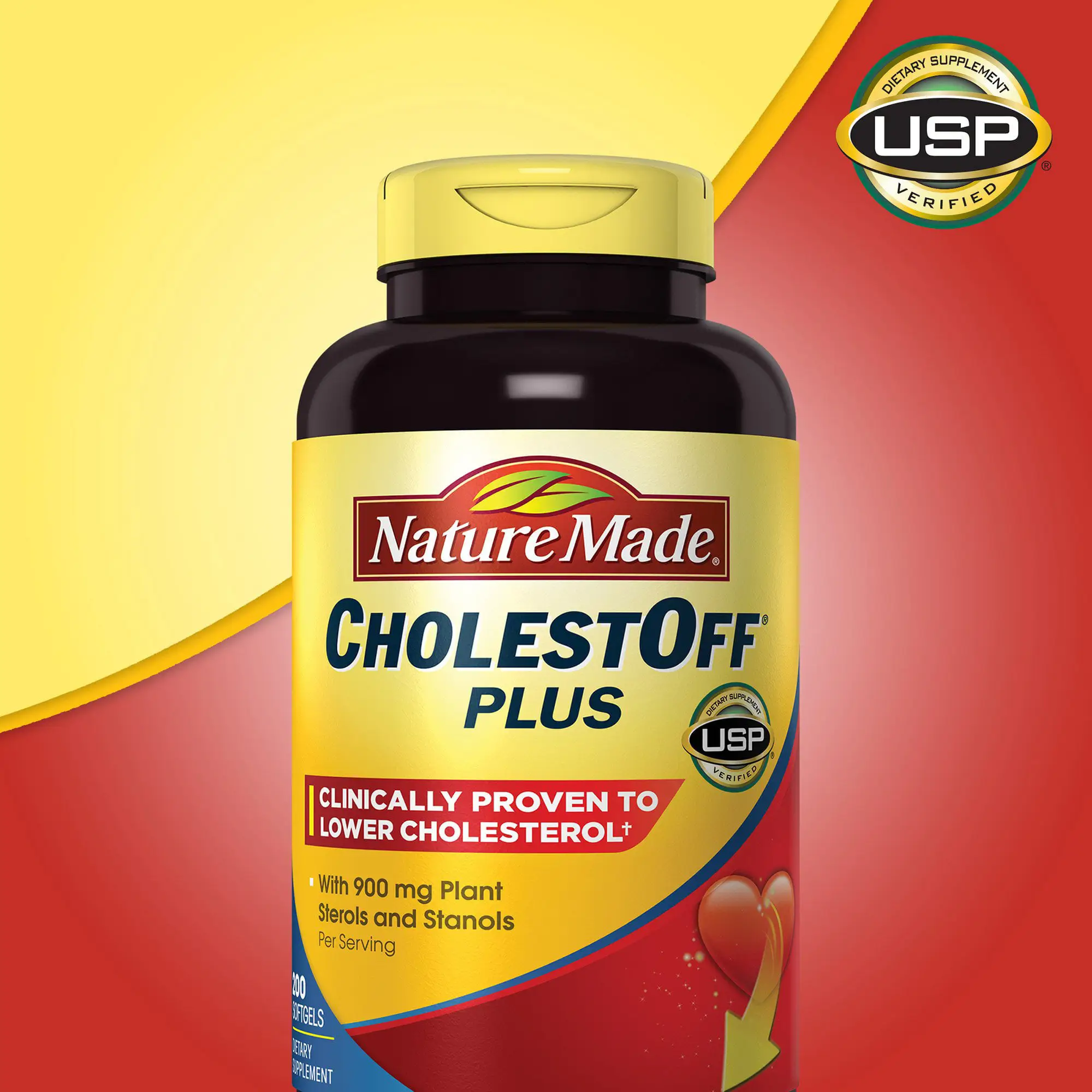
Top food sources of plant sterols
Include foods such as:
Plant sterols, also known as phytosterols, are natural substances found in plants that have been proven to help lower cholesterol levels. They have a similar structure to cholesterol and can block the absorption of dietary cholesterol in the body. Incorporating plant sterols into your diet can be beneficial, especially for individuals with high cholesterol levels. Here are some of the best food sources of plant sterols:
- 1. Nuts and Seeds: Almonds, walnuts, flaxseeds, and chia seeds are all excellent sources of plant sterols. Sprinkling these on your meals or consuming them as a snack can increase your daily intake.
- 2. Whole Grains: Oats, brown rice, whole wheat, and barley contain significant amounts of plant sterols. Incorporating these grains into your diet can help reduce cholesterol levels.
- 3. Legumes: Foods like beans, lentils, and chickpeas are not only rich in protein but also in plant sterols. Adding legumes to your diet can provide a healthy boost.
- 4. Fruits and Vegetables: Various fruits and vegetables such as broccoli, spinach, carrots, oranges, and apples contain plant sterols. Consuming a diverse range of colorful produce can help you meet your daily requirements.
- 5. Fortified Foods: Many food products, such as margarines, yogurts, and cereals, are now fortified with plant sterols to provide an easy way to incorporate them into your diet. Check the labels to find fortified options.
Remember, while incorporating plant sterols into your diet can be helpful, it is essential to maintain a balanced and healthy lifestyle overall. Consult with a healthcare professional or a registered dietitian to get personalized advice and guidance.

- Nuts and seeds
- Vegetable oils (like olive oil)
- Whole grains
- Legumes
- Fruits and vegetables
Supplements with plant sterols
For those who may struggle to obtain enough plant sterols through diet alone, supplements can be a convenient option. Make sure to consult your healthcare professional before starting any supplementation regimen.
If you are looking for a natural way to lower your high cholesterol levels, supplements with plant sterols can be a great option. Plant sterols are naturally occurring compounds found in plants that have been proven to help reduce LDL (bad) cholesterol in the body.
Choosing the best plant sterols for high cholesterol can make a significant difference in improving your cardiovascular health. Here are a few supplements that are highly recommended:
1. Brand X Plant Sterol Supplement
Brand X offers a premium plant sterol supplement that contains a concentrated dose of plant sterols derived from various plant sources. This supplement has been clinically tested and shown to effectively reduce LDL cholesterol levels by up to 15% within just a few weeks of regular use.
2. Organic Plant Sterols Complex
If you prefer an organic option, the Organic Plant Sterols Complex is an excellent choice. Made from 100% organic plant sources, this supplement provides a natural and potent way to support heart health. It is also rich in antioxidants, which offer additional benefits for overall well-being.
3. Super Sterol Mega Plus
The Super Sterol Mega Plus supplement is specifically formulated to deliver a high concentration of plant sterols in a single capsule. It contains a unique blend of plant sterols and other heart-healthy ingredients to optimize cholesterol reduction. This supplement is highly recommended for individuals with significantly elevated cholesterol levels.
Remember, while plant sterols have shown to be effective in reducing LDL cholesterol, they should not be considered as a standalone treatment for high cholesterol. It is essential to combine their use with a healthy diet, regular exercise, and other lifestyle changes to achieve optimal results.
Always consult with a healthcare professional before starting any new supplement regimen, especially if you have pre-existing health conditions or are taking other medications.
Take control of your cholesterol levels naturally with supplements containing plant sterols and pave the way for a healthier heart!
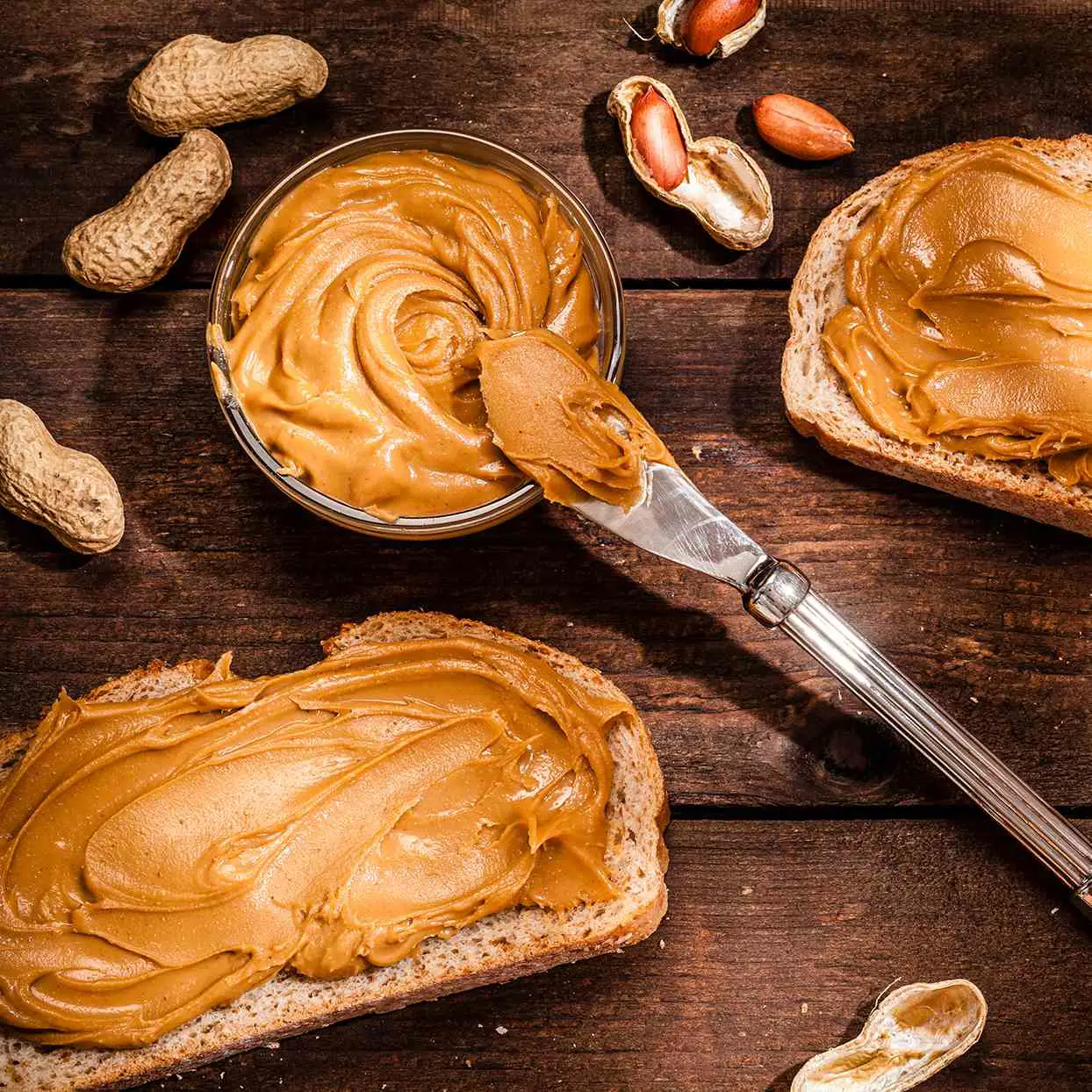
Plant sterols and their effectiveness
Numerous studies have shown the positive effects of plant sterols on lowering LDL cholesterol. However, it's important to note that individual results may vary. Consistency and regular intake are key to experiencing the benefits.
Plant sterols, also known as phytosterols, are natural substances found in plants. These compounds have been extensively studied for their ability to lower cholesterol levels and promote heart health. If you are looking for the best plant sterols to reduce high cholesterol, here are some highly effective options:
1. Beta-Sitosterol:
Beta-sitosterol is one of the most common plant sterols found in various fruits, vegetables, nuts, and seeds. It works by inhibiting the absorption of cholesterol in the intestine, thereby reducing overall cholesterol levels in the body.
2. Campesterol:
Campesterol is another plant sterol with cholesterol-lowering properties. It can be found in foods such as legumes, whole grains, and avocados. Like beta-sitosterol, campesterol works by interfering with cholesterol absorption, resulting in lowered cholesterol levels.
3. Sitostanol:
Sitostanol is a plant stanolester, a type of plant sterol, that has been proven to lower cholesterol levels effectively. It can be derived from sources like wheat germ, corn oil, and other plant oils. Sitostanol works by competing with cholesterol for absorption, preventing its entry into the bloodstream.
4. Stigmasterol:
Stigmasterol is commonly found in soybeans and other legumes. It exhibits cholesterol-lowering effects by inhibiting the production of cholesterol in the liver. Including stigmasterol-rich foods in your diet can help in managing high cholesterol levels.
When considering plant sterols for reducing high cholesterol, it's important to remember that they work best as part of a balanced diet and healthy lifestyle. While these plant sterols have shown efficacy in lowering cholesterol, it's always advisable to consult a healthcare professional for personalized guidance and recommendations.
In conclusion, incorporating plant sterols like beta-sitosterol, campesterol, sitostanol, and stigmasterol into your diet can help reduce high cholesterol levels and improve overall heart health. Remember to maintain a well-rounded and nutritious eating plan alongside regular physical activity for optimal results.
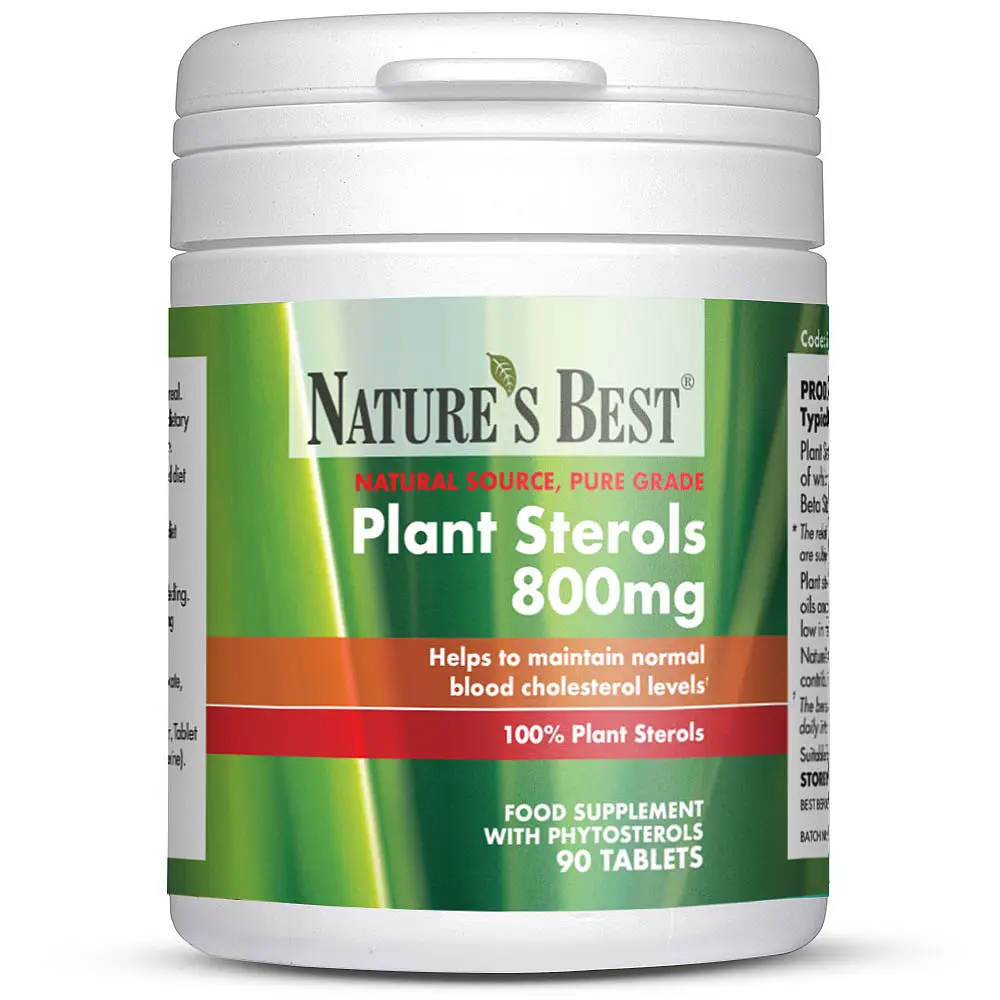
How to incorporate plant sterols into your diet
Here are some simple ways to include plant sterols in your daily meals:
If you have high cholesterol, incorporating plant sterols into your diet can be a great way to manage it effectively. Plant sterols are natural compounds found in many plant-based foods that can help lower LDL cholesterol levels, also known as "bad" cholesterol. In this article, we will guide you on how to incorporate plant sterols into your daily meals and suggest some of the best plant sterols for high cholesterol.
Food Sources of Plant Sterols
Plant sterols are commonly found in a variety of foods. Some of the best sources include:
- Nuts and seeds (almonds, walnuts, flaxseeds)
- Vegetable oils (olive oil, canola oil)
- Whole grains (oats, barley, brown rice)
- Fruits and vegetables (broccoli, Brussels sprouts, oranges, strawberries)
- Soy products (tofu, edamame, soy milk)
Easy Ways to Incorporate Plant Sterols
Here are some simple tips to include plant sterols in your daily diet:
- Add nuts and seeds to your morning cereal or yogurt.
- Use vegetable oils like olive oil when cooking or preparing salads.
- Opt for whole grains like oats or barley instead of refined grains.
- Incorporate more fruits and vegetables into your meals and snacks.
- Include soy products such as tofu or soy milk in your diet.
Best Plant Sterols for High Cholesterol
While incorporating a variety of plant sterol-rich foods into your diet is recommended, some specific plants sterols have shown more pronounced effects in reducing cholesterol. These include:
- Beta-sitosterol
- Campesterol
- Stigmasterol
You can find these plant sterols in various plant-based products available in the market. Make sure to read labels and choose products with added plant sterols for better cholesterol management.
Incorporating plant sterols into your diet is a practical and natural way to improve your cholesterol profile. By consuming plant sterol-rich foods and products, you can potentially lower your LDL cholesterol levels and promote a healthier heart. Remember to consult with your healthcare professional for personalized advice on managing your cholesterol levels.
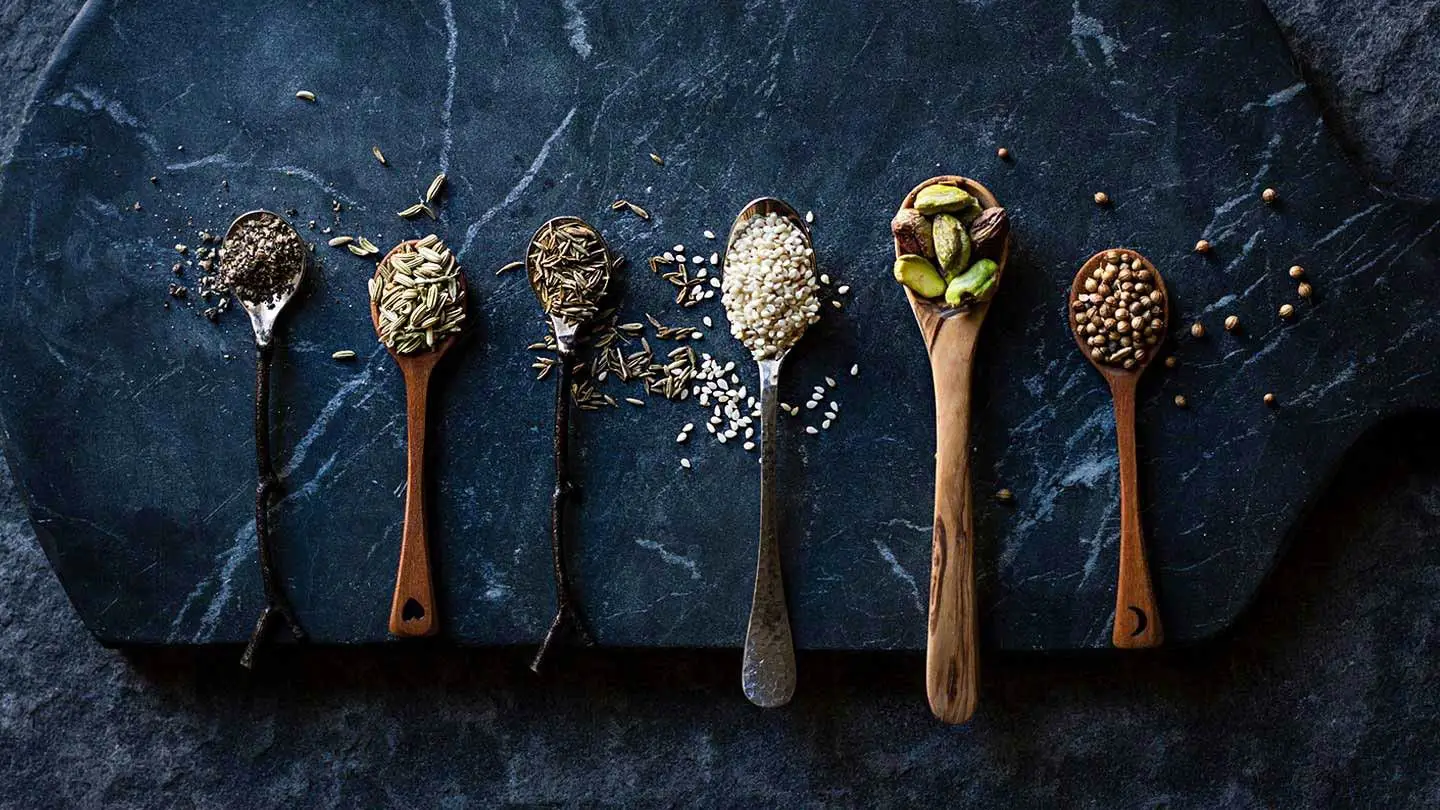
- Use plant sterol-enriched margarine or spreads on your toast
- Add nuts and seeds to your salads or snacks
- Opt for whole grain products instead of refined grains
- Consume fruits and vegetables with every meal
Lifestyle changes for managing high cholesterol
Combining a diet rich in plant sterols with other heart-healthy lifestyle modifications can have a greater impact on managing high cholesterol. Regular exercise, reducing saturated fats and trans fats, quitting smoking, and maintaining a healthy weight are essential steps for overall cardiovascular well-being.
If you are dealing with high cholesterol, making certain lifestyle changes can significantly help in managing your condition. Incorporating the best plant sterols into your diet is one effective way to lower your cholesterol levels naturally.
What are Plant Sterols?
Plant sterols, also known as phytosterols, are naturally occurring substances found in plants. They have a structure similar to cholesterol and can help block the absorption of cholesterol in your intestines, resulting in decreased LDL (bad) cholesterol levels.
The Best Plant Sterols for High Cholesterol
There are various plant sterols that have proven to be effective in managing high cholesterol levels. Some of the best sources include:
- Avocado
- Almonds
- Flaxseed
- Soybeans
- Walnuts
- Legumes (e.g., lentils, chickpeas, black beans)
- Olive oil
Incorporating these plant sterol-rich foods into your daily diet can have a positive impact on your cholesterol levels. Additionally, it is important to limit your intake of foods high in saturated fats and trans fats, as these can raise LDL cholesterol levels.
Other Lifestyle Changes
Along with consuming plant sterols, implementing the following lifestyle changes can further improve your cholesterol levels:
- Engage in regular physical activity, such as brisk walking, cycling, or swimming.
- Quit smoking and limit alcohol consumption.
- Maintain a healthy weight by adopting a balanced diet and staying active.
- Consume foods high in fiber, such as whole grains, fruits, and vegetables.
- Manage stress through techniques like meditation or yoga.
- Consult with your healthcare provider and take any prescribed medications regularly.
Remember, adopting a healthy lifestyle is crucial in managing high cholesterol. By incorporating the best plant sterols into your diet and making necessary lifestyle changes, you can improve your overall cholesterol profile and reduce the risk of heart disease.

Key Takeaways
- Plant sterols help lower LDL cholesterol levels in the bloodstream.
- Incorporate foods like nuts, seeds, vegetable oils, whole grains, legumes, fruits, and vegetables for natural plant sterol intake.
- Supplements with plant sterols may be considered under medical supervision.
- Consistency and regular intake are vital for experiencing the benefits of plant sterols.
- Combine a plant sterol-rich diet with other heart-healthy lifestyle changes for optimal results.
Frequently Asked Questions (FAQ)
-
Are plant sterols safe?
Yes, plant sterols are generally safe when consumed in recommended amounts. However, it's essential to consult your healthcare provider before making any significant dietary changes or starting new supplements.
-
Can I get enough plant sterols from diet alone?
It is possible to obtain sufficient plant sterols through a balanced diet, but it may require conscious food choices and variety. Adding plant sterol-enriched foods can help meet the required intake.
-
How long does it take for plant sterols to show results?
The effects of plant sterols on cholesterol levels may vary between individuals. However, it is recommended to follow a plant sterol-rich diet for several weeks to months for noticeable changes.
-
Can plant sterols replace medication for high cholesterol?
No, plant sterols should not be considered a replacement for prescribed medications. They can complement traditional treatment approaches and contribute to better overall cholesterol management.
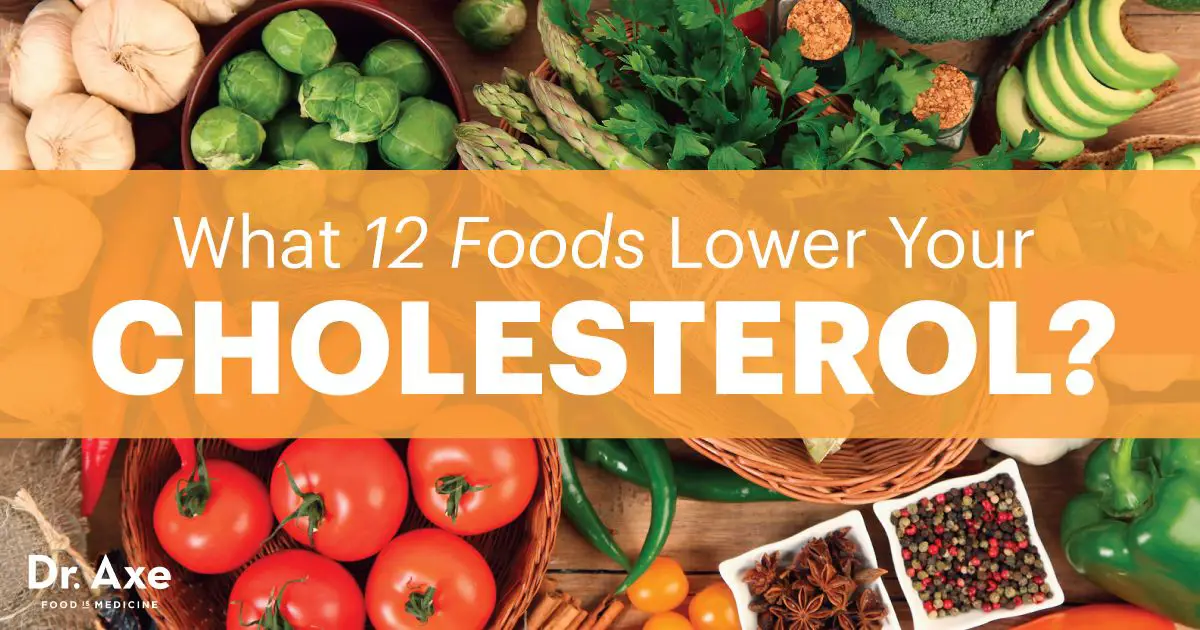


Recent Comments